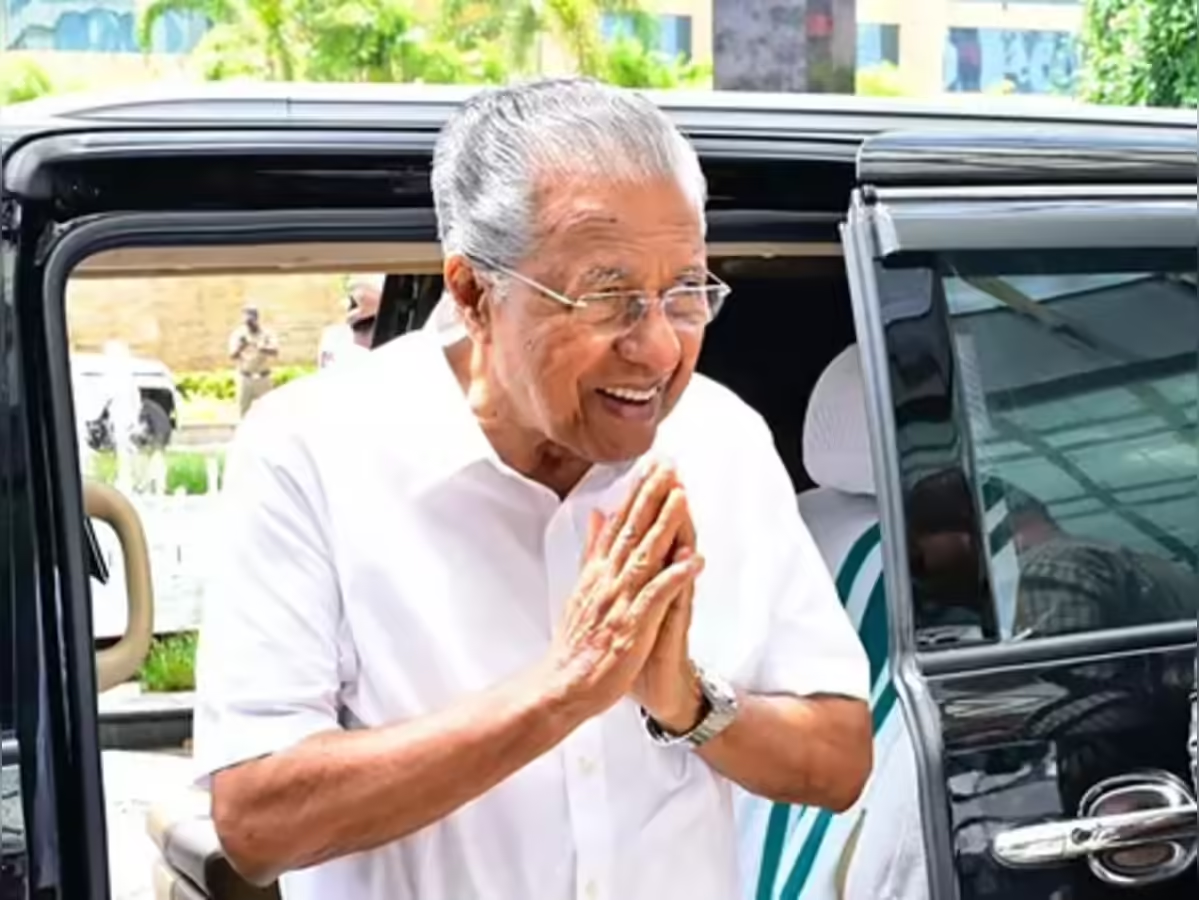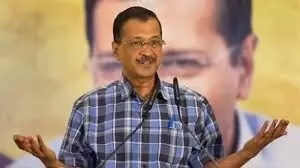
SC questions ED's arbitrary arrest of Kejriwal on PMLA
text_fieldsNew Delhi: The Supreme Court of India emphasized that arrests under the Prevention of Money Laundering Act (PMLA) cannot be made arbitrarily based on “the whims and fancies of the authorities.” This observation was made on Friday while granting interim bail to Delhi Chief Minister Arvind Kejriwal in connection with the alleged Delhi liquor scam.
A bench of Justices Sanjiv Khanna and Dipankar Datta granted interim bail to Kejriwal in the case filed by the Enforcement Directorate (ED). Despite this interim relief, Kejriwal will remain in jail due to his arrest by the Central Bureau of Investigation (CBI) on June 25 in the same case. The court has referred Kejriwal’s petition questioning his ED arrest to a larger bench for further examination.
The Supreme Court's judgment highlighted that investigating officers must not “selectively pick and choose” evidence to implicate individuals for arrest. “They have to equally apply their mind to other material which absolves and exculpates the arrestee,” the court stated.
The bench acknowledged that the decision to arrest is subjective but stressed that it must be made in accordance with the law. The opinion of the officer must consider all relevant material, including evidence that might exonerate the accused. “Subjectivity of the opinion is not a carte blanche to ignore relevant absolving material without an explanation,” the bench clarified.
Section 19(1) of the PMLA authorizes ED officers to arrest individuals if they have reason to believe the person is guilty of an offense under the Act. However, the court noted that this power should not be used for investigative purposes alone. “Arrest can and should wait, and the power in terms of Section 19(1) of the PMLA can be exercised only when the material with the designated officer enables them to form an opinion, by recording reasons in writing that the arrestee is guilty,” the judgment said.
The Enforcement Directorate argued that the decision to arrest under Section 19(1) of the PMLA is made by high-ranking officials, a contention that was previously accepted by the court in a 2022 judgment validating the Act. However, the Supreme Court on Friday underscored that such officials must be aware of the obligations imposed by the PMLA. “We are of the opinion that it would be incongruous to argue that the high-ranking officer should not objectively consider all material, including exculpatory material,” the bench remarked.






















